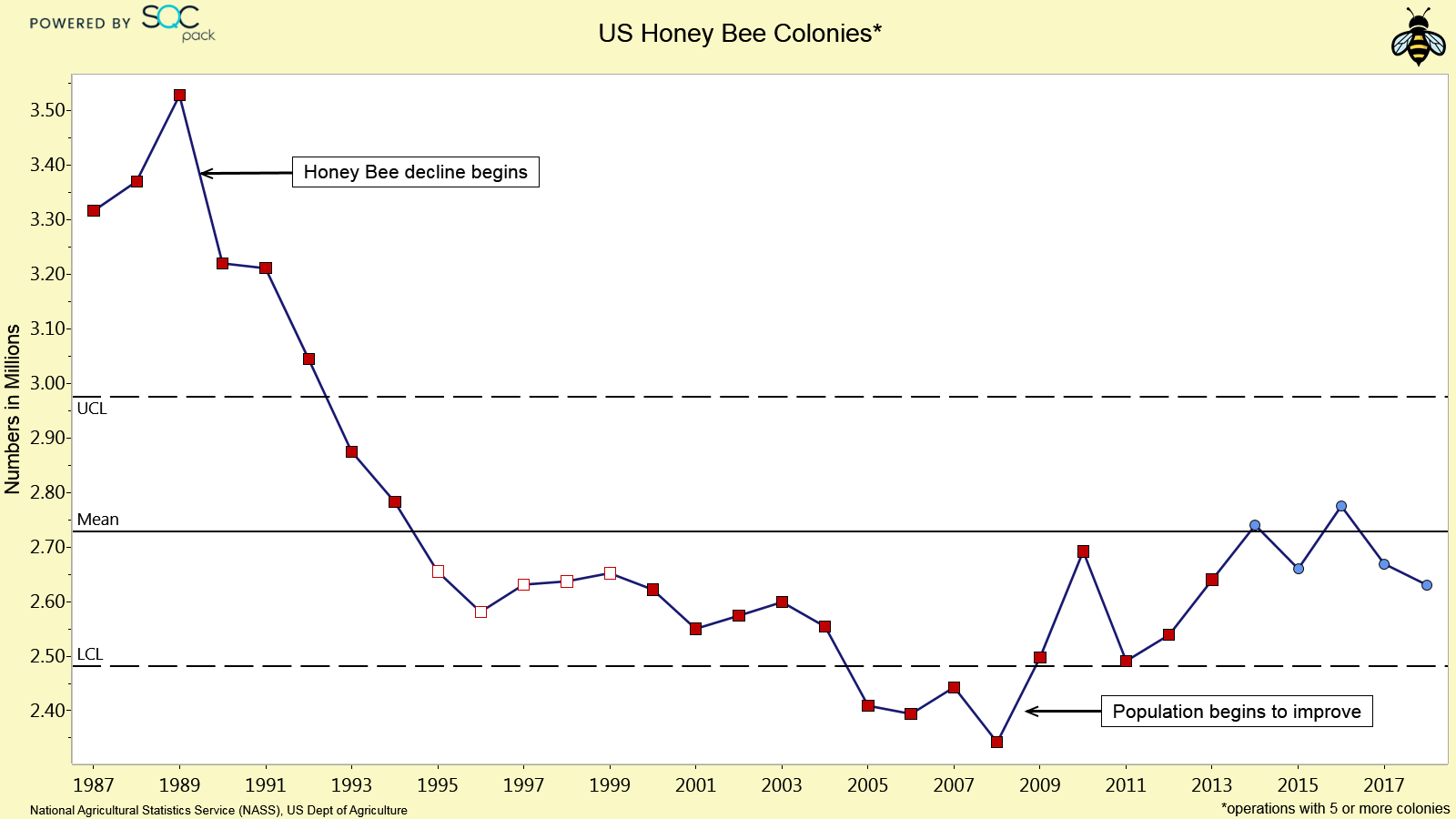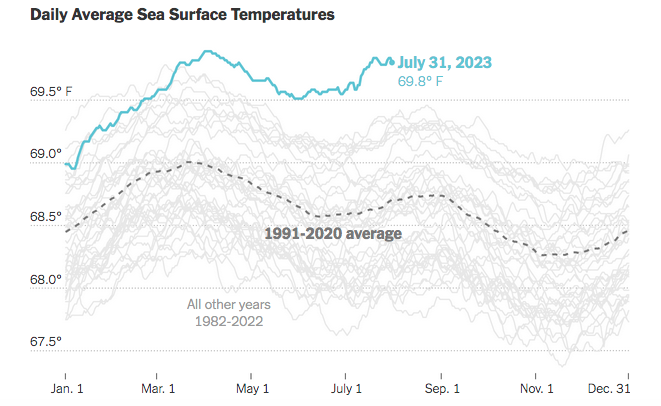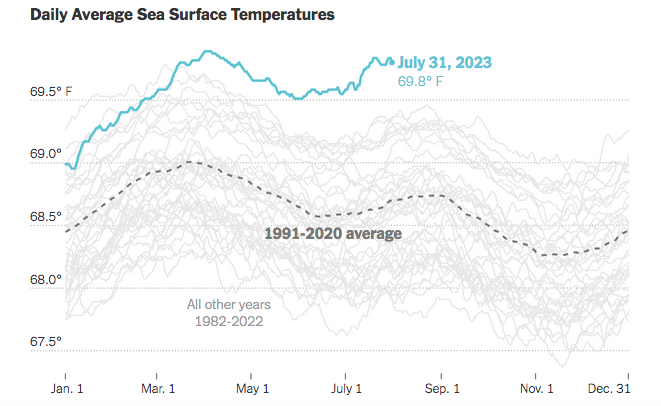Thanks for this. I'm glad to hear from someone who can better express my own objections to Ms Solnit's views. Also, great links in Bendell's article.
This is profoundly good advice. Thank you, nickwitha_k.
What a thoughtful and heartbreaking piece. In many ways, your thoughts echo my own.
Thank you for sharing this.
I'm not sure I understand. Both ESG investing and DEI marketing are methods of extracting value from capital. Last I heard, insane far left radicals are demonstrably not capitalists. Consider how psychopathic plutocrats have known for centuries that spewing carbon into the atmosphere would eventually trigger catastrophic environmental destruction, yet did it anyway. This is likely less hoax than reality.
Also, evoking a narrowly defined postgraduate thought experiment is meaningless in this context.
Thank you.

When the honeybees are gone, humanity's demise is certain.
Although it's encouraging to see industry being forced to respond responsibly to PFAS clean-up efforts, $10.3 billion is a drop in the bucket.
According to a recent report in The Guardian the Pentagon estimates remediation efforts at 50 military bases to be $31 billion, but the Environmental Working Group identifies 700 more PFAS-laden sites and estimates costs at tens of billions of dollars more.
I quite agree and recommend everyone give this a read.
Do you have any objection to my pinning this post to the top?
No, but I think it's still too early to tell. There is still quite a bit of uncertainty over the total inventory of gas hydrates. Temperatures at the bottom of the North Atlantic have not yet moved as dramatically as those at 500 meters or less. Also, methane clathrate deposits in shallower waters in that region are not particularly voluminous.
Just spitballing, but could this be an artifact of a dramatically slowing Atlantic meridional overturning circulation? Regardless, it looks like an exceptionally hot dry summer for most of Europe.
Yes, India's functioning bar is at the top, yet their worry seems inappropriately low. Filipinos seem to be appropriately worried.
I don't think this will end well. Slow escalation will eventually lead to a cascade of chaos.


Thank you for sharing this. I've watched what has been released of the video series and I think it's very good work.